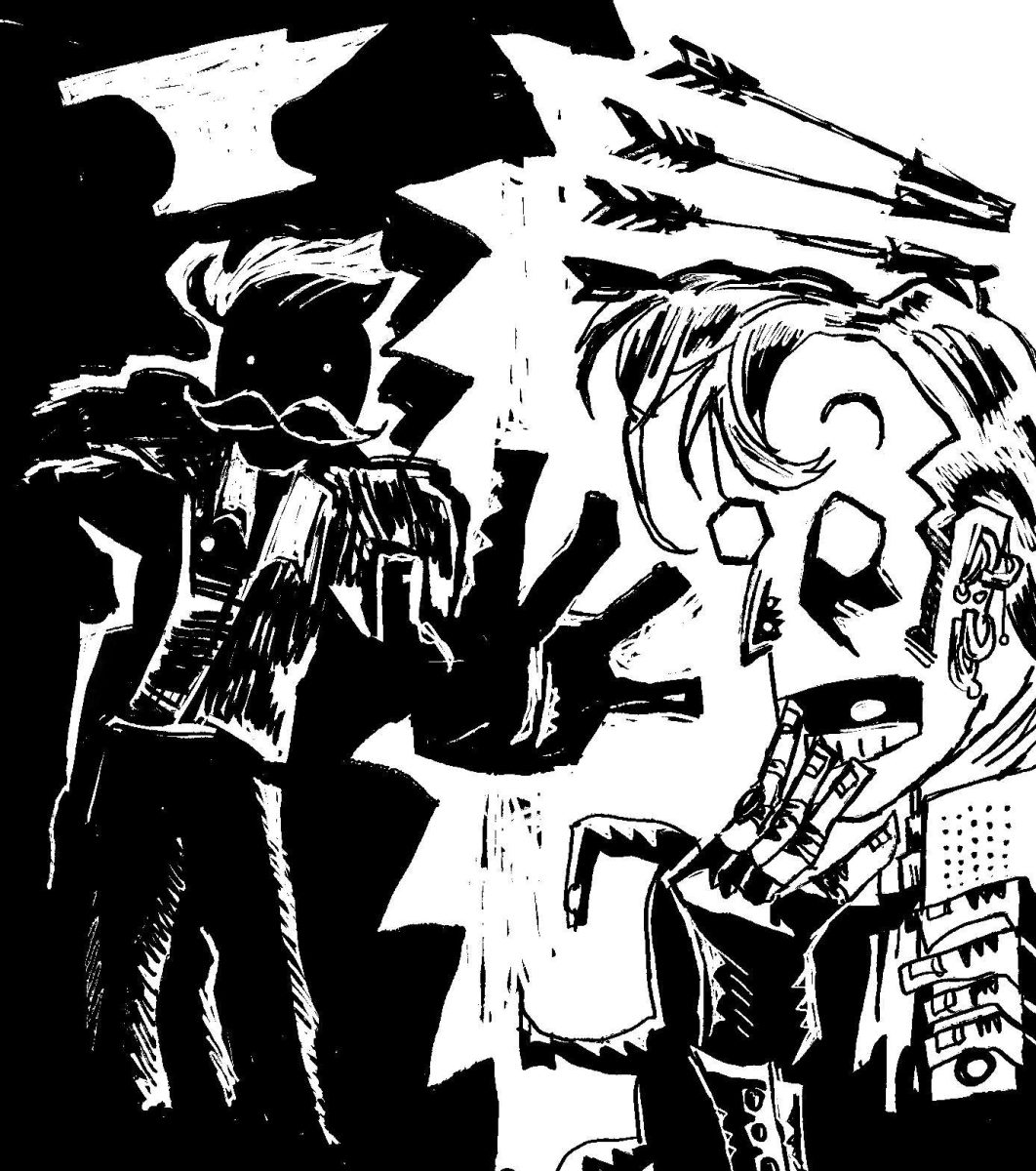For most of the time that biochemists have been studying proteins they have preached the widely adopted dogma that structure equals function. Proteins are macromolecules made of chains of amino acids, and as they are produced they fold into intricate and specific shapes. These shapes or ‘structures’ are critical to the tasks that they perform, like producing energy for the cell, carrying molecular cargo from one end of the cell to the other, or letting ions across the cell membrane. However, over 30% of the protein humans produce has no specific structure. These are called intrinsically disordered proteins, and only in the last 15 years have they been brought into the spotlight of biochemistry and biophysics research (Structural Disorder in Eukaryotes).
Hannah Stuwe is a fourth-year PhD candidate in Biochemistry and Biophysics, and her research revolves around disordered proteins, particularly a protein from SARS-CoV-2 called the nucleocapsid protein. In her work she uses state-of-the-art techniques specifically suited for studying disordered proteins to understand how the flexibility of this protein changes throughout the viral replication cycle.
Categories:
Protein Power!
May 3, 2025
Was this article helpful?
YesNo
0
More to Discover







